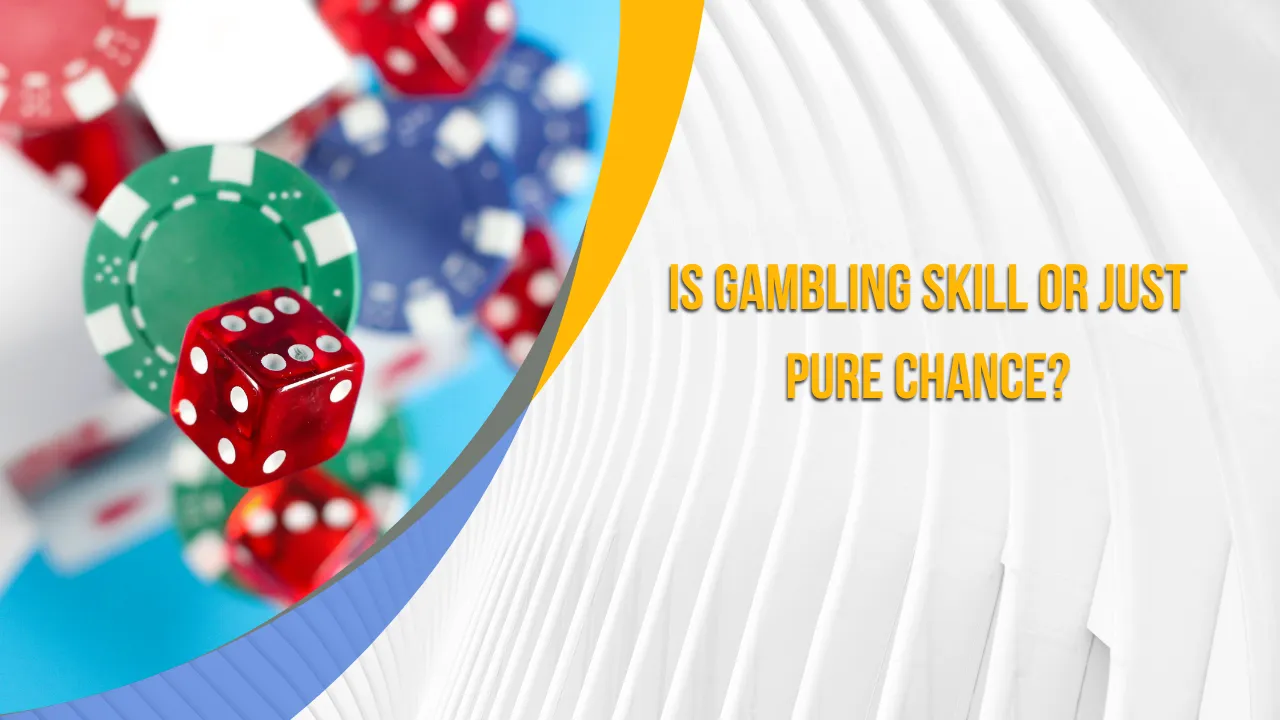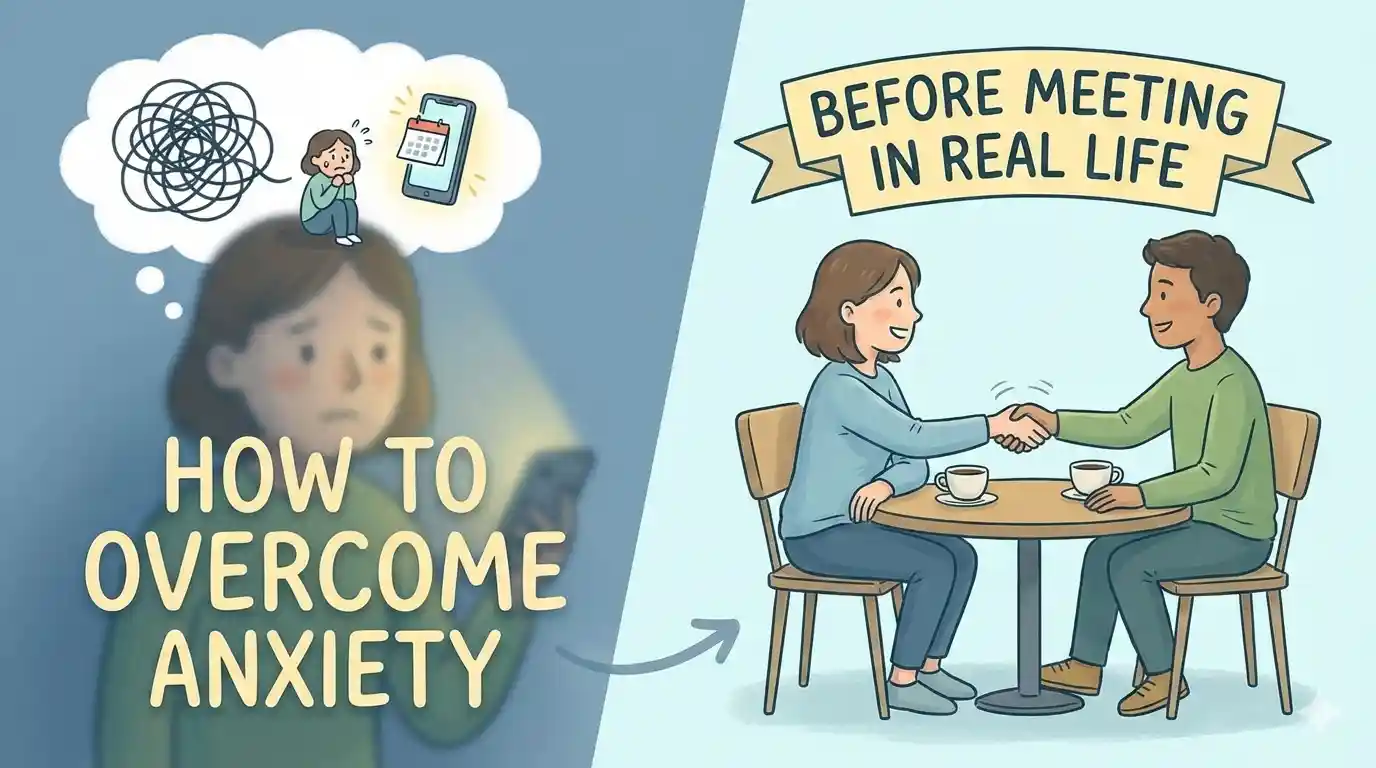Every gambler, from casual slot players to professional poker champions, has asked the same question at some point: is gambling a game of skill or purely a matter of luck? The answer isn’t simple, and it depends heavily on the type of game, the player’s knowledge, and the decisions made during play.
As someone who has spent years observing both online and in-person casinos, I’ve seen the spectrum firsthand. Some players treat gambling as an art of probability and psychology, while others rely on superstition and chance. The reality lies somewhere in between — gambling is both skill and chance, and understanding where that line falls can make all the difference.
The Nature of Chance in Gambling
Let’s start with what chance really means in the context of gambling. In many casino games — like roulette, slot machines, or baccarat — outcomes are determined by random number generators (RNGs) or pure probability. No player decision, pattern, or strategy can alter the underlying randomness of these systems.
When you pull the lever on a slot machine or spin the roulette wheel, you’re participating in a game designed around mathematical odds. Each spin or turn is independent, meaning past outcomes have no influence on the next result. This principle, known as the “gambler’s fallacy,” often misleads players into thinking a loss streak must soon be followed by a win — but statistically, that isn’t true.
In these games, chance reigns supreme. While you can choose how much to bet or which numbers to play, you cannot influence the odds. That’s why games like slots are often called “games of pure chance.”
The Skill Side of Gambling
But not all forms of gambling are created equal. Some games reward skill, strategy, and long-term decision-making. Poker is the best-known example. Over time, skillful players can consistently outperform others by mastering probability, psychology, and money management.
Blackjack also offers a skill element through strategy. By understanding basic strategy charts, counting cards (where legal), and making statistically optimal decisions, players can slightly tilt the odds in their favor. Sports betting, too, rewards research, analysis, and risk management — though luck still plays a role in each outcome.
Games that involve player decisions tend to reward skill over time, even if luck plays a role in the short run. In other words, chance might determine a single hand or round, but skill determines long-term success.
The line between skill and luck becomes clear when you look at professional gamblers. Poker champions, successful sports bettors, and advantage blackjack players all rely on mathematical and psychological expertise, not just fortune.
Exploring the Modern Landscape of Gambling
Today’s gambling scene has evolved far beyond physical casinos. The digital age has opened countless new ways to play, from mobile poker rooms to online slots and live dealer tables. This shift has also changed how players perceive skill and chance.
Online gambling platforms often feature data analytics, tutorials, and statistics that empower players to make smarter decisions. Skill-based games and hybrid models — where both RNG elements and player choices matter — are gaining popularity. However, the psychology of risk and reward remains the same.
Platforms like gambling sites not on gamstop highlight how accessible the online world of betting has become. These sites cater to players seeking more freedom and flexibility outside the UK’s self-exclusion system. For many, they represent the modern frontier of gambling — places where players can test strategies, chase jackpots, and experience the balance between skill and chance on a global scale.
Understanding the mechanics behind these games is crucial. Online systems use certified RNGs to ensure fairness, but that also means chance dominates certain games, just as it does in physical casinos. Skill enters the picture when players manage bankrolls wisely, choose games strategically, and avoid emotional decision-making — skills that often separate successful gamblers from casual ones.
Psychology: The Invisible Factor
Whether you play blackjack in Las Vegas or place bets on your phone, one element remains universal — psychology. Gambling triggers strong emotional responses tied to anticipation and reward. This can lead to both excitement and impulsivity.
Skilled gamblers learn to control their emotions. They know when to walk away, how to manage losses, and when to exploit opportunities. Those driven purely by chance often fall into traps of overconfidence, loss chasing, or the illusion of control.
Discipline, patience, and self-awareness are underrated skills in gambling. Many players lose not because of bad odds but because they fail to manage emotions during play. The difference between a lucky streak and a winning strategy is how a player reacts when luck inevitably turns.
Games Where Skill Matters More
To understand the balance, it helps to divide popular games into categories based on how much skill can influence the outcome:
-
Skill-Dominant Games: Poker, blackjack (with strategy), and sports betting fall here. They reward analysis, pattern recognition, and patience.
-
Chance-Dominant Games: Slots, roulette, keno, and lotteries depend purely on probability. No strategy can alter the outcome.
-
Mixed Games: Some modern casino games, such as video poker or certain online hybrids, blend elements of both.
It’s important to remember that even in skill-based games, chance still exists. The best poker player in the world can lose a hand to a beginner if luck swings against them. But over time, skill wins out because probability favors optimal play.
The Role of Math and Probability
Mathematics underpins every gambling decision. Players who understand probability can make more informed choices, even in luck-heavy games. For instance, blackjack players can calculate “expected value” for each move, while sports bettors use statistics and trends to make predictions.
This analytical mindset separates recreational players from professionals. Where one might see random outcomes, the other sees a pattern of probabilities that, over the long run, produces consistent results.
Casinos themselves rely on mathematics — specifically, the “house edge” — to ensure long-term profitability. Skillful players can reduce the house edge but rarely eliminate it entirely. Understanding this concept keeps expectations realistic and prevents impulsive overconfidence.
Balancing Skill, Chance, and Responsibility
Ultimately, gambling should be viewed as entertainment, not a guaranteed source of income. Skill can help minimize losses and extend playtime, but luck will always play its part. Even the most strategic gamblers must accept variance — the natural ups and downs of random outcomes.
Responsible gambling means setting limits, knowing when to stop, and treating wins as bonuses rather than expectations. Ironically, adopting this mindset — one rooted in discipline and emotional control — is itself a skill.
Players who view gambling as a test of strategy, rather than a chase for luck, tend to have healthier and more enjoyable experiences. Whether you’re playing poker at a high-stakes table or spinning online slots, understanding where skill ends and chance begins is essential to maintaining balance.
Conclusion
So, is gambling skill or just pure chance? The truth is that it’s both. Games of pure luck exist, and so do games where skill reigns supreme. Most fall somewhere in the middle — where players can’t control every outcome but can influence their long-term results through knowledge, discipline, and smart decision-making.
Skill gives players the power to manage risk, interpret probability, and stay in control, while chance ensures that no outcome is ever guaranteed. Together, they create the thrill that keeps people coming back — the unpredictable blend of mastery and mystery that defines gambling itself.
Whether online or offline, the most successful gamblers are those who respect both sides of the equation — skill and chance — and never let either one take over completely.




